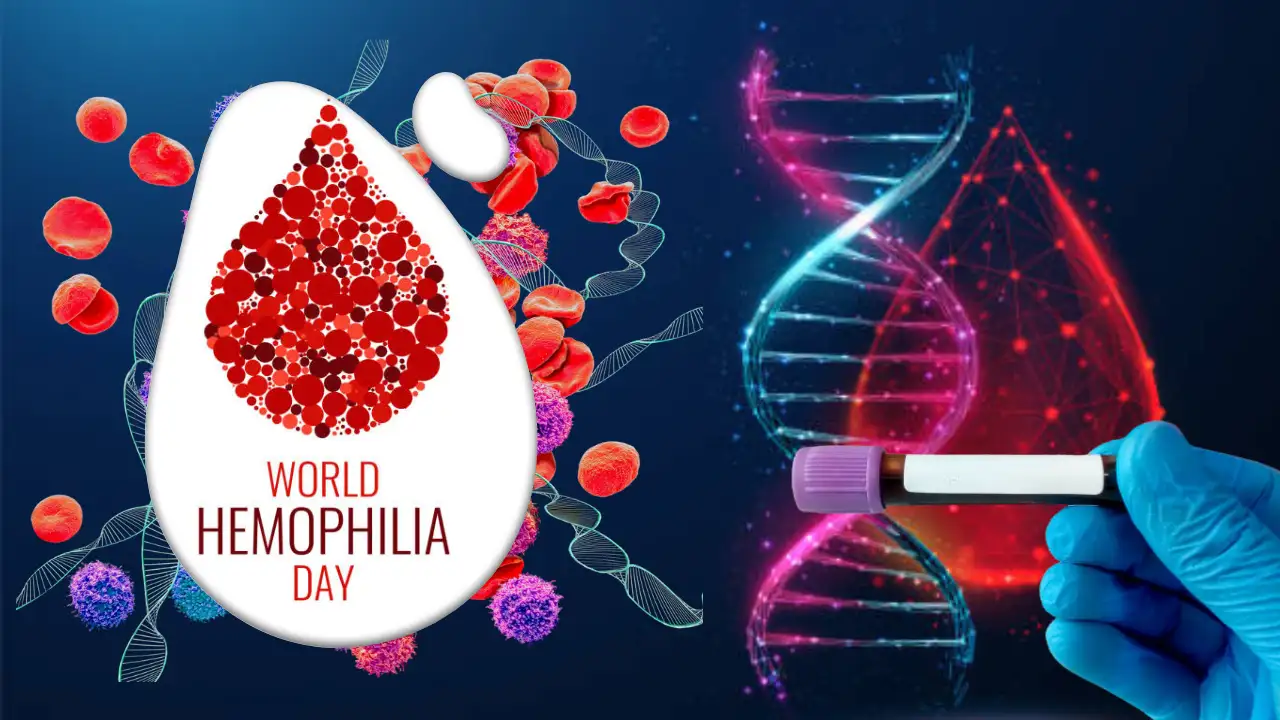Haemophilia is a rare genetic bleeding disorder that impairs the blood’s ability to clot properly. Though uncommon, it demands constant awareness and effective management to prevent serious health complications. Primarily affecting males, haemophilia is caused by a deficiency in clotting factor VIII or IX, which are crucial for blood coagulation.
Symptoms can vary in severity but commonly include prolonged bleeding after injuries, spontaneous bleeding episodes, and frequent bleeding into joints such as knees, elbows, and ankles. These joint bleeds can result in swelling, pain, stiffness, and, over time, chronic joint damage.
According to Dr Mukesh Chawla, Clinical Haematologist at Livasa Hospitals, Mohali, individuals with mild haemophilia might only experience symptoms following injury or surgery, while those with severe haemophilia can suffer spontaneous bleeds that require immediate medical attention. “While there is currently no cure”, Dr Chawla explains, “the condition is manageable through regular replacement therapy, where clotting factor concentrates are injected into the bloodstream to help control bleeding.”
Effective care also involves lifestyle modifications and coordinated medical support. “Avoiding high-risk activities, using protective equipment, and ensuring early medical intervention during bleeding episodes can make a significant difference,” Dr Chawla adds.
Dr Jayanti Khura, Consultant in Internal Medicine at Manipal Hospital, Bhubaneswar, points out the importance of early diagnosis and consistent management, especially since symptoms often begin in childhood. “One of the most challenging aspects of haemophilia is managing chronic joint pain and preventing joint damage caused by repeated bleeding,” she says.
Dr Khura shares practical strategies for patients and carers:
Chronic joint pain: Regular factor replacement, prompt pain management, and avoiding high-risk physical activities can reduce the burden of recurring joint pain.
Joint damage: Physical therapy and pain control are crucial to preserving joint function.
- Mental health strain: Living with a chronic condition can lead to emotional exhaustion; counselling and psychiatric support can help build resilience.
- Restricted physical activity: While contact sports like football may not be advisable, low-impact or indoor games can be a safe alternative.
- Infection risk from transfusions: Due to repeated blood product usage, regular screening for hepatitis B, C, and HIV is recommended.
- Emergency preparedness: Both patients and families should have a clear plan for dealing with sudden bleeding episodes.
- Medication caution: Avoid drugs that increase bleeding risk, unless prescribed under close medical supervision.
Get Latest News Live on Times Now along with Breaking News and Top Headlines from Health and around the world.
